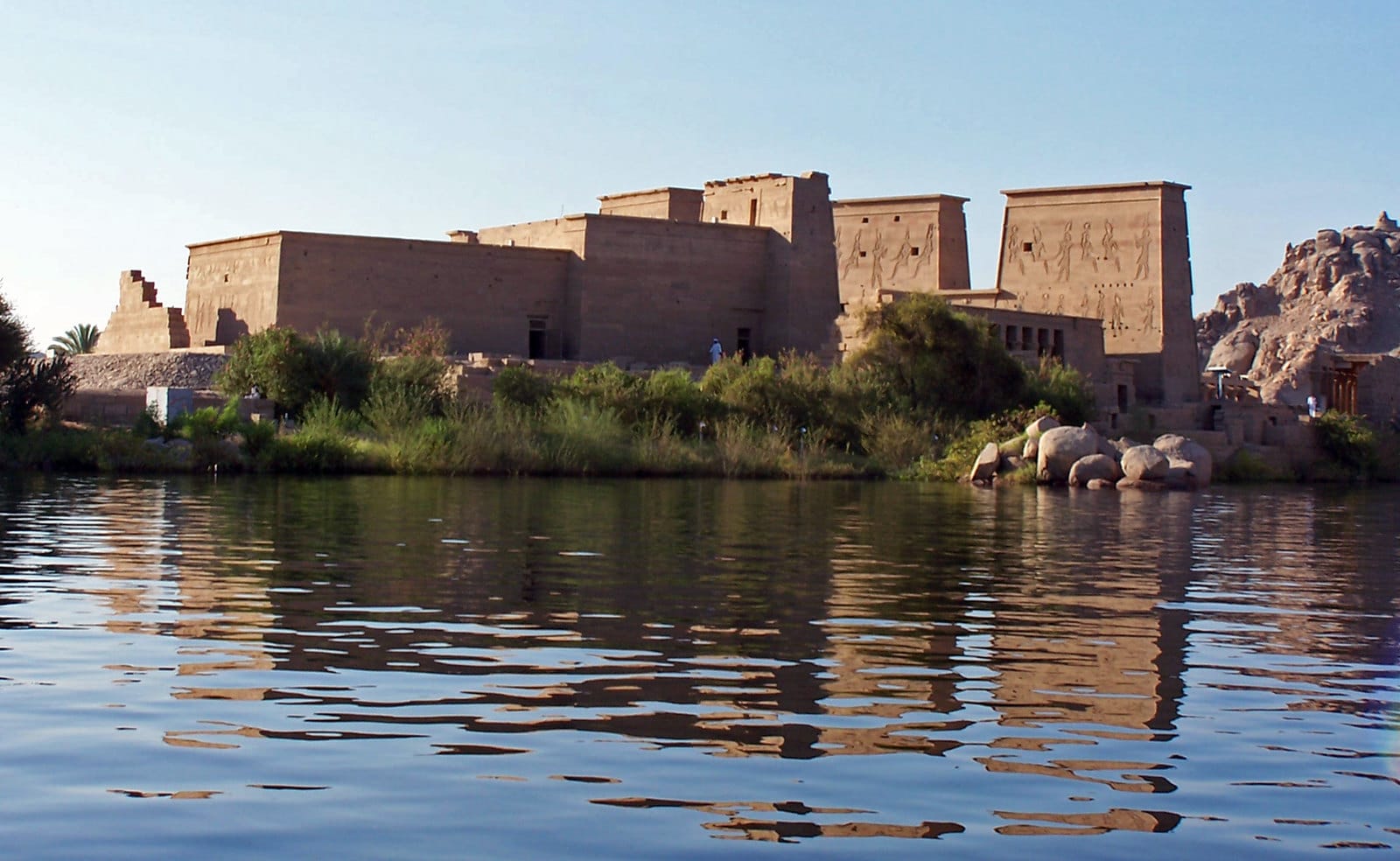

Cultures from all over the ancient world had stories of a great flood that wiped away most of mankind early in human history. The most well-known of these comes from the Bible, but the ancient Greek myth of Deucalion is also famous. However, it is sometimes claimed that the ancient Egyptians did not have a flood myth. Is that true?
What makes flood myths worldwide so interesting is that many share more than a few passing similarities. For example, the story of Noah in the Bible and the story of Deucalion in Greek mythology are similar in numerous ways. We could also say the same about the myth of Utnapishtim in the legend of Gilgamesh.
Generally, these flood stories share a few basic elements. The story’s setting is always very early in human history. Humans at that time were wicked. The gods (or just God, in the case of the monotheistic Bible) decide to punish them as a result.
A small group of righteous humans is given divine warning to allow for their survival using some kind of vessel. A flood then occurs, wiping out most humans. A few humans survive and repopulate the Earth.
We see most of these elements in the stories of numerous cultures worldwide, but what about Egypt? Did the ancient Egyptians have a flood myth with some of these elements?
In surviving Egyptian texts, there does not appear to be any story with all those exact elements. However, that does not mean that the ancient Egyptians did not have anything resembling a flood myth.
Their version of the flood myth can be identified with a fairly famous myth about how suffering and death came into the world. Several versions of this myth appear in various sources, but the basic story is the same.
The main text containing this story is the Book of the Heavenly Cow, and the story itself is usually known as the Destruction of Mankind. The very name of this story already makes clear that it has a basic similarity with the myth of a flood being sent to destroy mankind.

Early in Earth’s history, the sun-god Ra ruled among mankind. This was a golden age, free from death and disorder. However, humanity started plotting to rebel against Ra’s authority. As a result, Ra consulted with the other gods and decided to punish the rebellious humans.
He sent the Eye of Ra, identical to the goddess Hathor, to inflict punishment on mankind. In this role, Hathor took the form of the fearsome Sekhmet. She went on a rampage through the land and slaughtered the humans.
However, Sekhmet was not satisfied with her slaughter, so she continued killing more and more. If left unchecked, she would have killed all humans. To allow at least a few humans to survive, Ra and the other gods devised a plan.
They mixed beer with red ochre and poured it out onto the earth. This red beer flooded the land and made it look as if it was completely covered with blood. Mistaking it for blood, Sekhmet started drinking it.
As a result, she got drunk, returned to her harmless role as Hathor, and then returned to Ra, who had withdrawn from humanity by this point. The few remaining humans went on to repopulate the land, though in a world that was now very different.
In one key way, this myth differs from the traditional flood stories from cultures such as the Israelites, the Greeks, and the Babylonians. While those cultures each had a story of mankind being destroyed by a flood, this Egyptian tale does not present a flood as being responsible for mankind.
Nevertheless, there is still good reason to consider this to be a type of flood myth. It is analogous to those from other cultures.
The story in the Destruction of Mankind from the Book of the Heavenly Cow is set very early in human history. The gods decide to punish humans for their wickedness, just like in the flood myths from other cultures.
The punishment ends up killing almost all of humanity, with a small group of humans being saved by the gods and allowed to repopulate the earth. While these humans did not receive a divine warning in advance, they are nevertheless saved by divine action. A great flood occurs during this punishment and salvation, albeit not of water.
This is a flood myth, even though the flood is not the means by which wicked humanity is killed in the story. The significant disparity is attributed to ancient Egyptian culture, as the Nile River’s annual flooding maintained land fertility.
For this reason, the Egyptians saw flooding as a beneficial phenomenon, not a destructive one. This explains why the Book of the Heavenly Cow presents the flood as a savior rather than a destroyer. Nevertheless, it would still be correct to say that the ancient Egyptians did have a flood myth.
